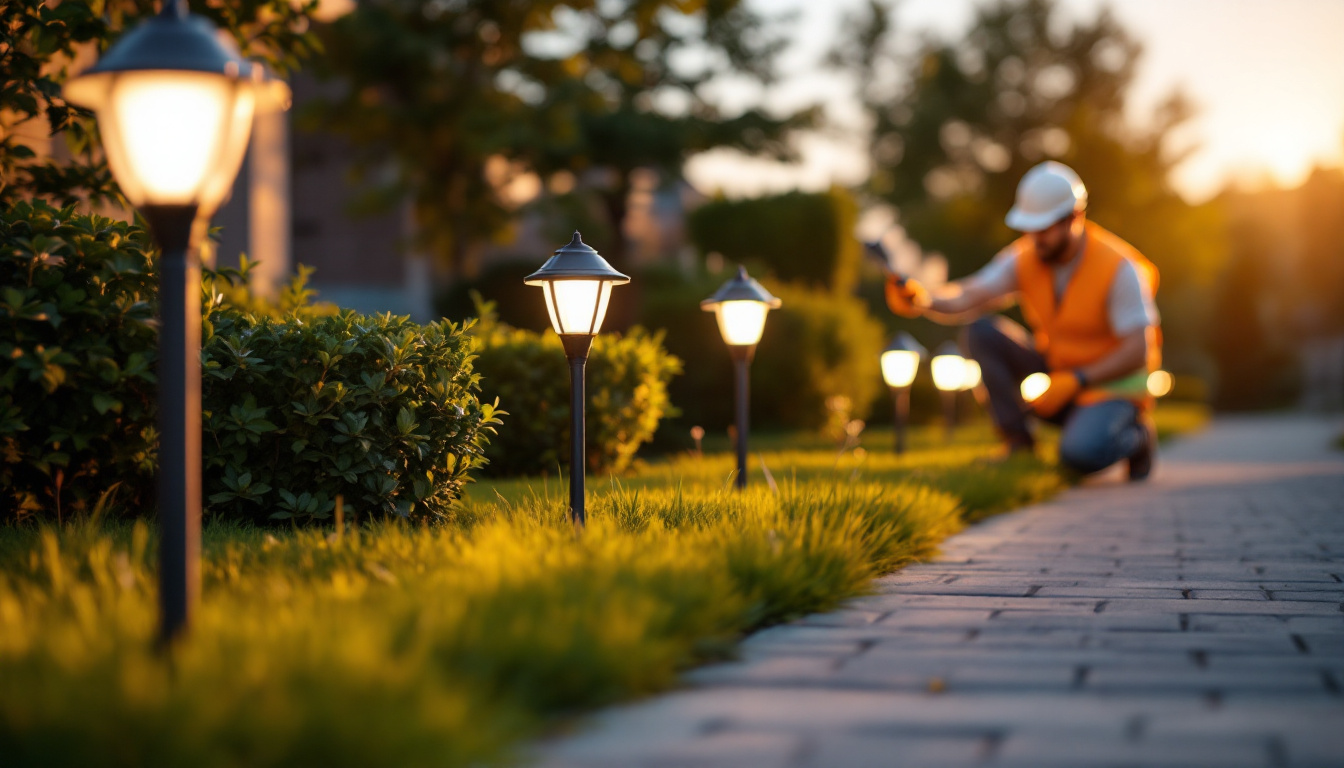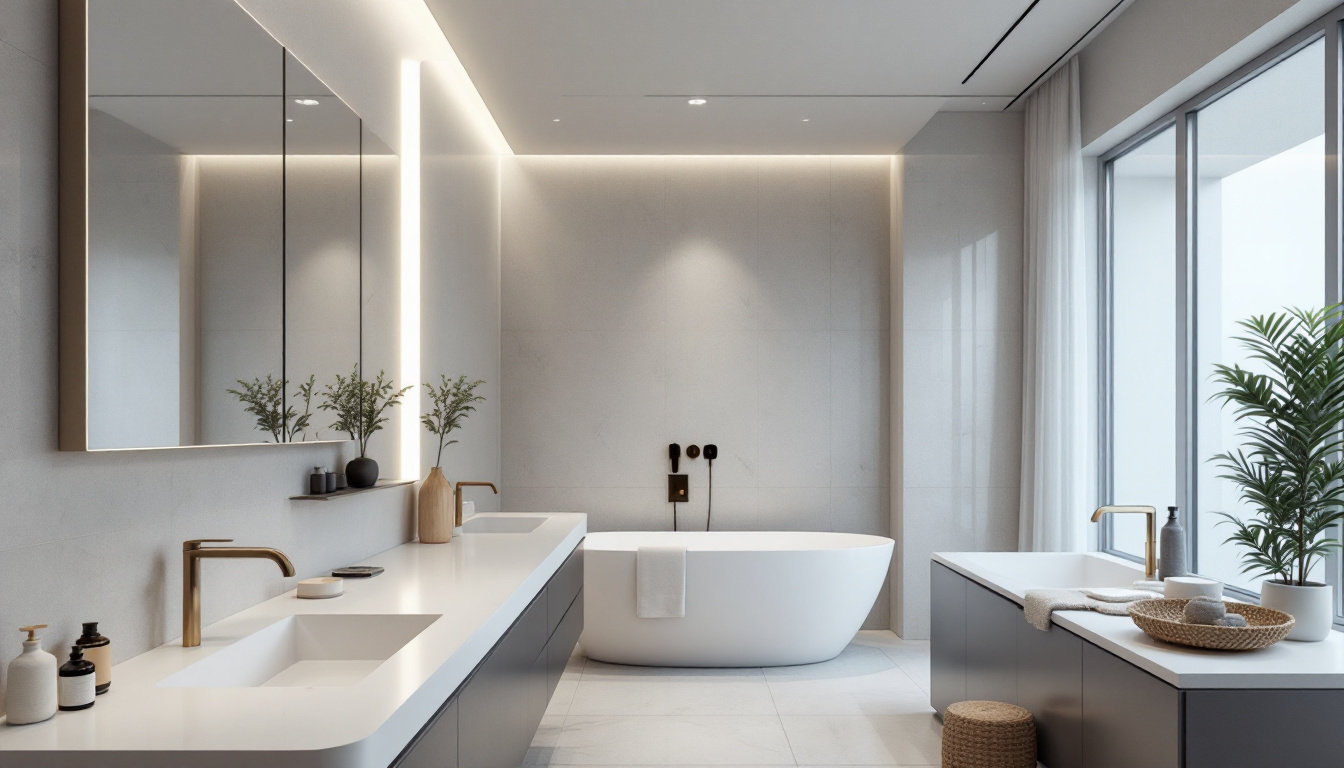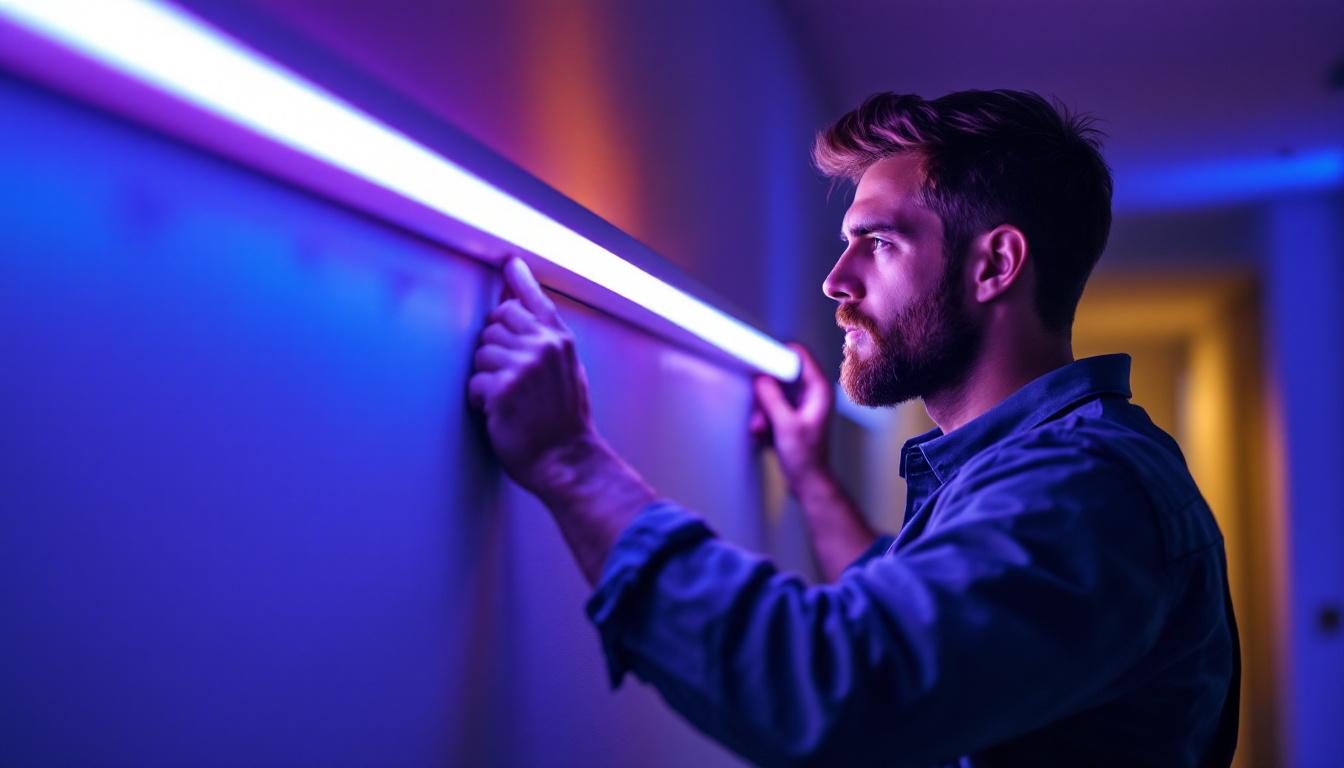
As the demand for sustainable energy solutions continues to rise, solar-powered lawn lights have become a popular choice for homeowners and businesses alike. These eco-friendly lighting options not only enhance outdoor aesthetics but also contribute to energy savings. However, like any other outdoor fixture, solar panels require regular maintenance to ensure optimal performance. For lighting contractors, understanding the nuances of solar panel maintenance is essential for providing quality service and ensuring customer satisfaction.
Before delving into maintenance practices, it is crucial to understand how solar panels work. Solar panels convert sunlight into electricity through photovoltaic cells. This electricity powers the LED lights, allowing them to illuminate gardens, pathways, and other outdoor spaces. The efficiency of this process largely depends on the condition of both the solar panel and the surrounding environment. Additionally, advancements in solar technology have led to the development of more efficient photovoltaic cells, which can capture a broader spectrum of sunlight, thus increasing energy production even on cloudy days.
Solar panels consist of several key components, including the photovoltaic cells, glass cover, frame, and junction box. Each of these parts plays a vital role in the overall functionality of the panel. For instance, the photovoltaic cells are responsible for converting sunlight into electrical energy, while the glass cover protects these cells from environmental elements. The frame, typically made of aluminum, provides structural support and durability, while the junction box houses the electrical connections and safeguards against moisture ingress.
Understanding these components helps contractors identify potential issues during maintenance. For example, a cracked glass cover can significantly reduce the panel’s efficiency, as it may allow moisture to enter and damage the internal components. Furthermore, the junction box can be a critical point of failure if not properly sealed, as it is exposed to the elements. Regular inspections can help detect these vulnerabilities early, ensuring the longevity and reliability of the solar panel system.
Several factors can impact the efficiency of solar panels. These include dirt and debris accumulation, shading from nearby trees or structures, and extreme weather conditions. Regular maintenance can mitigate these issues, ensuring that solar panels operate at peak performance. For instance, dirt buildup can block sunlight from reaching the photovoltaic cells, leading to a significant drop in energy production. In addition, seasonal changes can bring about varying levels of debris, such as fallen leaves in autumn or pollen in spring, making it essential to schedule routine cleanings throughout the year.
Contractors should educate clients on the importance of keeping the area around solar panels clear of obstructions and debris. This not only enhances the aesthetic appeal but also maximizes sunlight exposure, thereby improving energy output. Moreover, clients should be made aware of the potential impact of shading from nearby structures or trees. Even partial shading can lead to a decrease in overall system performance, as it can create a bottleneck effect, where the entire panel’s output is limited by the shaded cells. Therefore, strategic planning during installation, including the positioning of panels to avoid future shading, is crucial for optimizing solar energy production.
Routine maintenance is essential for prolonging the lifespan of solar panels and ensuring their efficiency. Lighting contractors should implement a systematic approach to maintenance that includes inspections, cleaning, and performance monitoring.
Conducting regular inspections is the first step in solar panel maintenance. Contractors should check for physical damage, such as cracks, loose connections, or corrosion. Additionally, inspecting the surrounding environment for overgrown vegetation or debris is crucial, as these can obstruct sunlight and reduce performance.
During inspections, it is also important to assess the wiring and connections. Ensuring that all connections are secure can prevent potential electrical issues and enhance the overall safety of the lighting system.
Cleaning solar panels is another vital aspect of maintenance. Dust, dirt, and bird droppings can accumulate on the surface of the panels, blocking sunlight and reducing their efficiency. Depending on the local environment, contractors should recommend cleaning at least once or twice a year.
When cleaning solar panels, it is essential to use non-abrasive materials and gentle cleaning solutions to avoid damaging the surface. A soft brush or sponge, along with a mixture of water and mild soap, is typically sufficient for removing dirt and debris.
Seasonal changes can significantly affect the performance of solar panels. Lighting contractors should be aware of specific maintenance tasks that should be performed during different times of the year.
In regions that experience harsh winters, it is crucial to prepare solar panels for snow and ice accumulation. Heavy snow can block sunlight, while ice can damage the panels. Contractors should advise clients to clear snow from the panels whenever possible, using a soft broom to avoid scratching the surface.
Additionally, ensuring that the panels are securely mounted can prevent damage from high winds and falling debris during winter storms. Regular inspections during this season can help identify any potential issues before they escalate.
Spring is an ideal time for a thorough cleaning and inspection of solar panels. After the winter season, panels may have accumulated dirt, debris, and even organic matter like leaves or pollen. A comprehensive cleaning can restore their efficiency and prepare them for the upcoming summer months.
Contractors should also encourage clients to assess the surrounding landscape during spring. Any overgrown vegetation should be trimmed back to ensure that solar panels receive maximum sunlight exposure throughout the summer.
While routine maintenance is essential, some advanced techniques can further enhance the performance and longevity of solar panels. Lighting contractors should be familiar with these methods to provide comprehensive service to their clients.
Implementing performance monitoring systems can help contractors and clients track the efficiency of solar panels over time. These systems can provide real-time data on energy production, allowing for quick identification of any performance issues.
By analyzing this data, contractors can offer targeted maintenance solutions, ensuring that solar panels operate at optimal levels. Additionally, clients may appreciate the transparency and insight into their energy usage and savings.
As technology advances, upgrading components of solar lighting systems can enhance performance. For instance, replacing older photovoltaic cells with newer, more efficient models can significantly improve energy output.
Contractors should stay informed about the latest developments in solar technology and be prepared to recommend upgrades to clients. This not only enhances the functionality of the lighting system but also demonstrates a commitment to providing cutting-edge solutions.
Despite regular maintenance, issues may still arise with solar panels. Lighting contractors should be equipped to troubleshoot common problems that clients may encounter.
One of the most common issues with solar lawn lights is low light output. This can be caused by several factors, including dirt accumulation, insufficient sunlight exposure, or failing batteries. Contractors should first inspect the panels for dirt and debris, followed by checking the surrounding environment for shading.
If the panels are clean and unobstructed, the next step is to assess the batteries. Over time, batteries can lose their ability to hold a charge, requiring replacement. Educating clients about the lifespan of batteries and the signs of wear can help them maintain their solar lighting systems effectively.
Inconsistent performance can be frustrating for clients. This issue may stem from faulty wiring, poor connections, or damaged components. Contractors should conduct a thorough inspection of the wiring and connections to identify any potential issues.
If wiring appears intact, it may be necessary to test individual components, such as the photovoltaic cells and batteries, to determine where the problem lies. Providing clients with clear guidance on how to identify these issues can empower them to seek timely assistance when needed.
Educating clients about the importance of solar panel maintenance is crucial for ensuring the longevity and efficiency of their lighting systems. Lighting contractors should take the time to explain the maintenance process and provide clients with actionable tips.
Contractors can help clients create maintenance schedules that outline when inspections, cleanings, and other tasks should be performed. This proactive approach can prevent issues before they arise and ensure that solar panels remain in optimal condition.
Providing clients with a checklist can also be beneficial. This checklist can include tasks such as inspecting for debris, cleaning the panels, and checking battery performance. By having a clear plan, clients are more likely to stay on top of maintenance tasks.
Establishing open lines of communication with clients is essential for ongoing maintenance success. Contractors should encourage clients to reach out with any questions or concerns regarding their solar lighting systems. This not only fosters a positive relationship but also allows contractors to address potential issues promptly.
As solar-powered lawn lights continue to gain popularity, lighting contractors must prioritize solar panel maintenance to ensure optimal performance and client satisfaction. By understanding the functionality of solar panels, implementing routine maintenance practices, and educating clients, contractors can provide exceptional service that stands out in a competitive market.
With the right knowledge and proactive approach, lighting contractors can help clients enjoy the numerous benefits of solar lighting while contributing to a more sustainable future. Regular maintenance not only enhances the efficiency of solar panels but also extends their lifespan, ultimately leading to happier clients and a more successful business.
Ready to elevate your solar lighting installations with premium products that promise performance and durability? Look no further than LumenWholesale, where we specialize in providing lighting contractors with spec-grade lighting solutions at unbeatable wholesale prices. Say goodbye to local distributor markups and hello to a vast selection of high-quality lighting that meets the most rigorous industry standards. Plus, with free shipping on bulk orders, you can stock up on all the solar panel essentials you need without worrying about hidden fees. Make your next project shine brighter and your business thrive by choosing Wholesale Lighting at the Best Value with LumenWholesale.

Discover how recessed lighting can transform your bathroom into a stylish and functional space.

Discover how the round pendant lamp can transform lighting installations into profitable ventures.

Explore how Rab Light is revolutionizing energy efficiency with cutting-edge technology.

Discover the top 4′ LED strip lights best practices for lighting contractors.